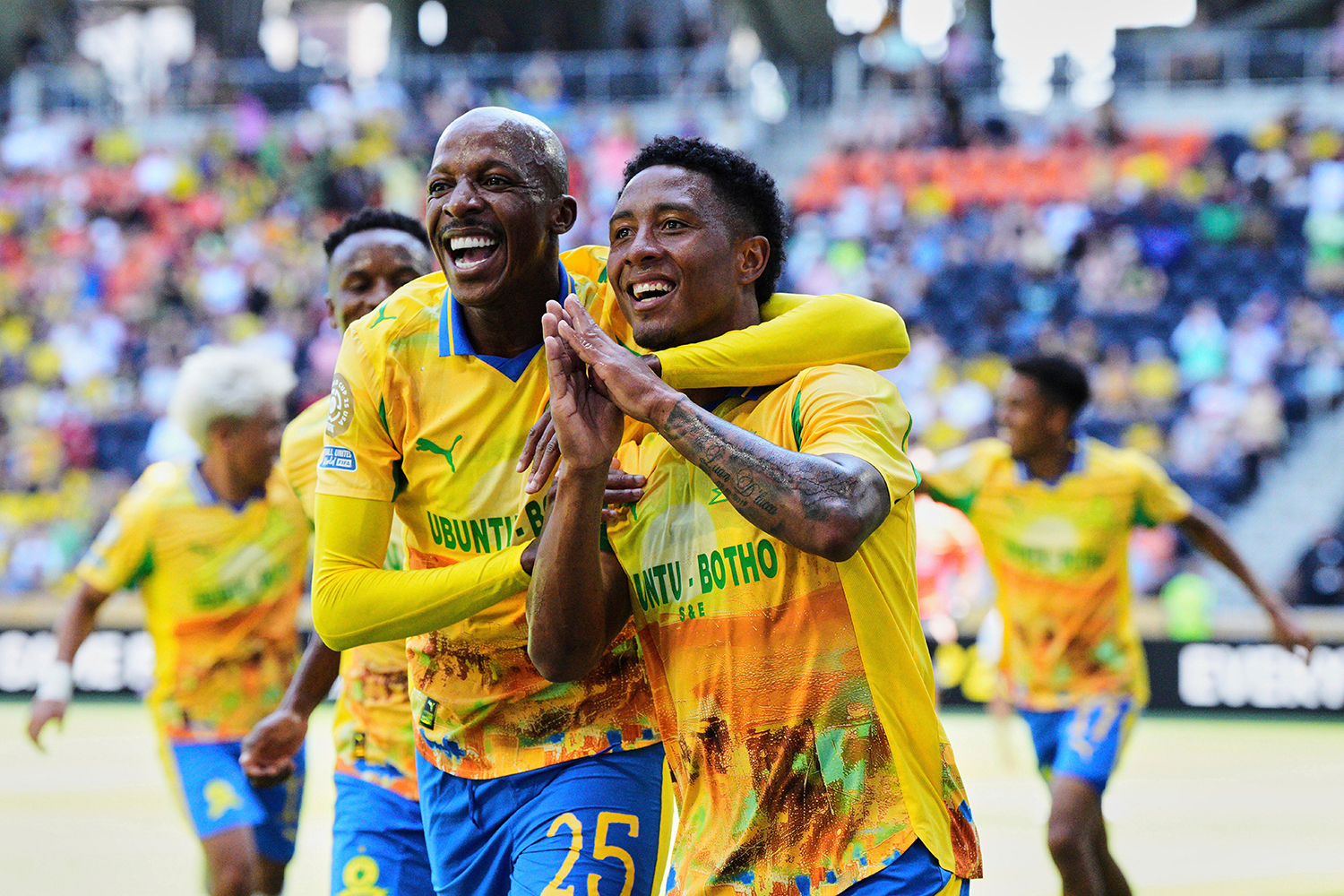At the risk of oversimplifying the wondrously convoluted world of Chelsea’s finance department, the maths work out something like this. A little more than a week ago, they signed Joao Pedro for a fee somewhere in the region of £60 million. The club’s accounts for next season will book that as an immediate cost of just £12 million, for reasons too boring to describe.
Since then, the Brazilian has made two appearances for his new team, playing a grand total of 96 minutes of football. He helped Enzo Maresca’s side over the line against Palmeiras, and then scored twice to carry them to victory against Fluminense. In doing so, he earned the club £12.5 million. Chelsea are, as far as the accountants are concerned, already in profit on their marquee summer signing.
In fact, such are the riches on offer in the Club World Cup that Chelsea will wipe out the entirety of the fee they paid Brighton if they can find a way past Paris St-Germain in the tournament’s final in New York on Sunday. The club could stand as much as £90 million in prize money. To put it in real terms, that is one-and-a-half Joao Pedros.
Fifa has not worried over the last month that it might be gauche to talk about money. So relentlessly have they focused on the billion dollars on offer, in total, at the Club World Cup that it feels as though Dr Evil might have done the marketing strategy. There is a breakdown of how much each win, and each round, is worth on the organisation’s website. Money, as much as glory, has been the motivation.
That was a deliberate and probably necessary choice, a way of convincing the more sceptical members of the European contingent that the tournament was worth their while. Chelsea, in all likelihood, did not need much encouragement. Earlier this month, the club was fined £26 million by Uefa for failing to comply with financial regulations.
In recent seasons, the club has sold two hotels and their entire women’s team to a sister company in order to meet the Premier League’s profit and sustainability rules. It has not gone unnoticed among their domestic rivals that access to the Club World Cup’s golden prize pot will go a long way to making the club’s balance sheet look substantially healthier.
They are an extreme example, but an illustrative one. Borussia Dortmund earned around £30 million for their run to the quarter-finals here; that leaves them, as the club’s marketing director Carsten Cramer said, with “some advantages.” Sebastian Kehl, the sporting director, confirmed that at least some of that money will be used to make “the team better than last year.”
While helpful, of course, those winnings will not be transformative. Bayern Munich, Juventus and Inter Milan earned similar amounts – some a touch higher, some a touch lower – from their involvement. Those sums will help pay for a reinforcement or two. They might generate a little sotto voce resentment from domestic opponents, as they have in England. But in a European context, they will not shift the landscape dramatically.
Elsewhere, the effect of this tournament is likely to be much more pronounced. The “participation” fees for clubs from Africa, Asia, Oceania and North and South America were not as high as those given to their European rivals, but they will go much further.
“We are the biggest club in South America, and our economy is always growing,” Luiz Eduardo Baptista, the president of the Brazilian side Flamengo, told The Observer before the tournament. “For us it is important, of course, but for some of the others it will have much more of an impact. For some of the others, they might earn around 70% of their normal annual revenue in a month.”
Newsletters
Choose the newsletters you want to receive
View more
For information about how The Observer protects your data, read our Privacy Policy
His calculations turned out to be surprisingly accurate. Fluminense, the last Brazilian team standing, finished the tournament with £45 million in winnings, a little more than three-quarters of their entire revenue last year.
There is a double-edged sword here. That money will help Fluminense close the gap on Flamengo and Palmeiras, the two richest teams in Brazil. Botafogo, too, will have a £20 million memento of their time here, a third of their annual income.
That should help all four teams develop. They should be able to pay their young stars a little more, perhaps hold on to them for a little longer, resist the overtures of the European predators who descend on Brazil every summer. (Or not, as the case may be: Roma, the Italian side, are attempting to sign players from both Flamengo and Palmeiras; they are not the only ones who have seen the Club World Cup as a scouting opportunity.)
At the same time, though, all four generated more money in a few weeks in the United States than the majority of clubs in Brazil can expect to earn across a whole season. From the perspective of Corinthians or Vasco da Gama or any of their other domestic rivals, the tournament has not made Brazilian football stronger; it has simply served to calcify a pre-existing inequality, to entrench an existing elite.
The most pronounced cases of that may be elsewhere. Mamelodi Sundowns have long since become the default champions of South Africa. They are bankrolled by Patrice Motsepe, a mining and minerals magnate, one of the richest men in Africa, and the president of CAF, African football’s governing body. They have won eight domestic titles in a row. They did not make it out of the groups here, but still earned £9.2 million. Orlando Pirates, their closest challenger in South Africa last year, picked up a little more than £1 million in prize money across the whole of last season.
The details vary a little, but the broad outline is no different in Egypt and Tunisia. It is so pronounced in New Zealand that Auckland City, the semi-professional team who qualified as the only representative of Oceania, are embroiled in a complex argument with the country’s football federation about how much of the money they have earned they will be able to keep.
In South Korea, Japan, Morocco and Mexico, where domestic leagues are a little less uniform, the risk is that the legacy of the Club World Cup is not that the competitions themselves are strengthened; it is that the prize money serves to sow the seeds of dynasty.
Fifa has, in theory, thought of that. The game’s governing body has set aside “as much as” £185 million ($250 million) in “solidarity” payments from the income generated by the tournament, though it has not yet made public exactly how that money will be distributed. It is not clear, in fact, if the decision has even been made, or what “as much as” means.
So quickly does football move on – the start of the European season is only a month away – that there is a very good chance the issue of how that money is spent will disappear into the ether. The sport does not have much of an attention span, after all.
It is, though, quite possibly the most important decision FIFA has to make. It is the one that will define if all those lofty promises of raising the game up were real and meaningful or nothing more than a travelling salesman's empty pitch. It is the one that will determine the legacy and the purpose of the Club World Cup: whether it has had some benefit for the many, or whether it has all just been for the select few.
Photo credit: AP Photo/Jeff Dean



